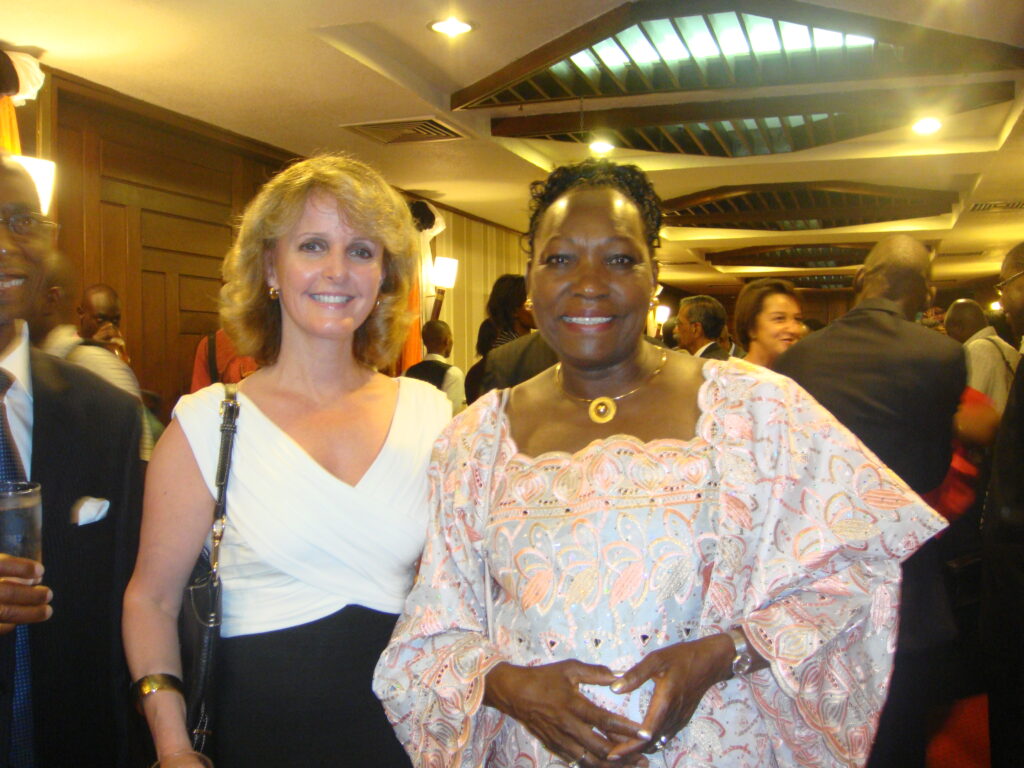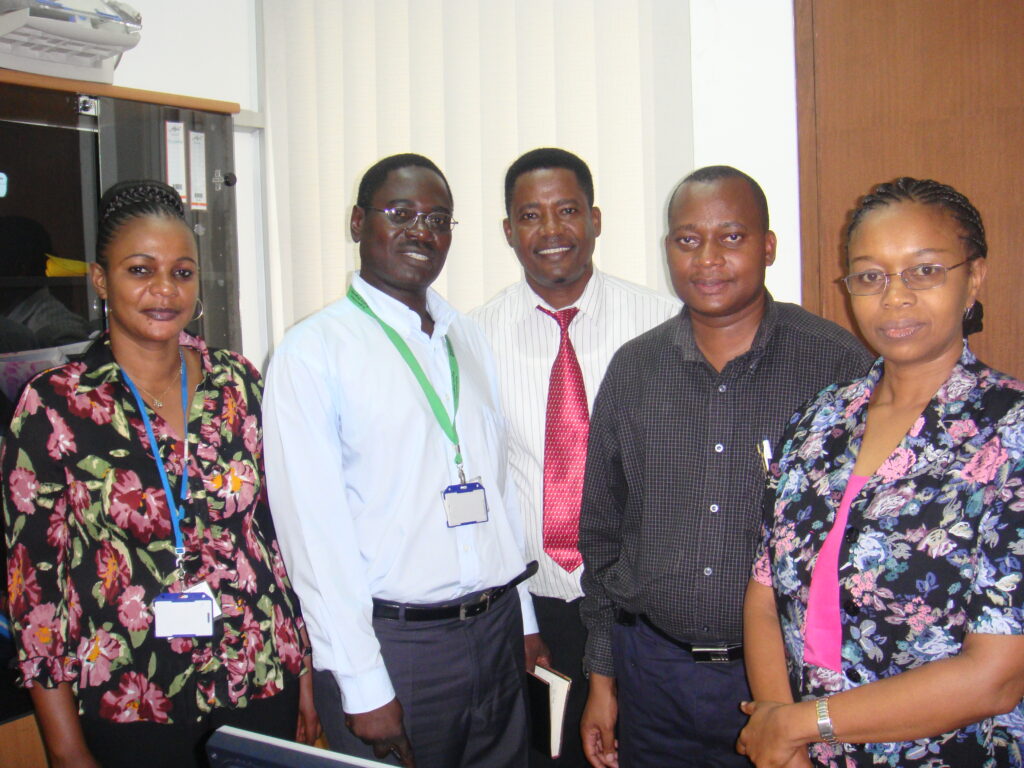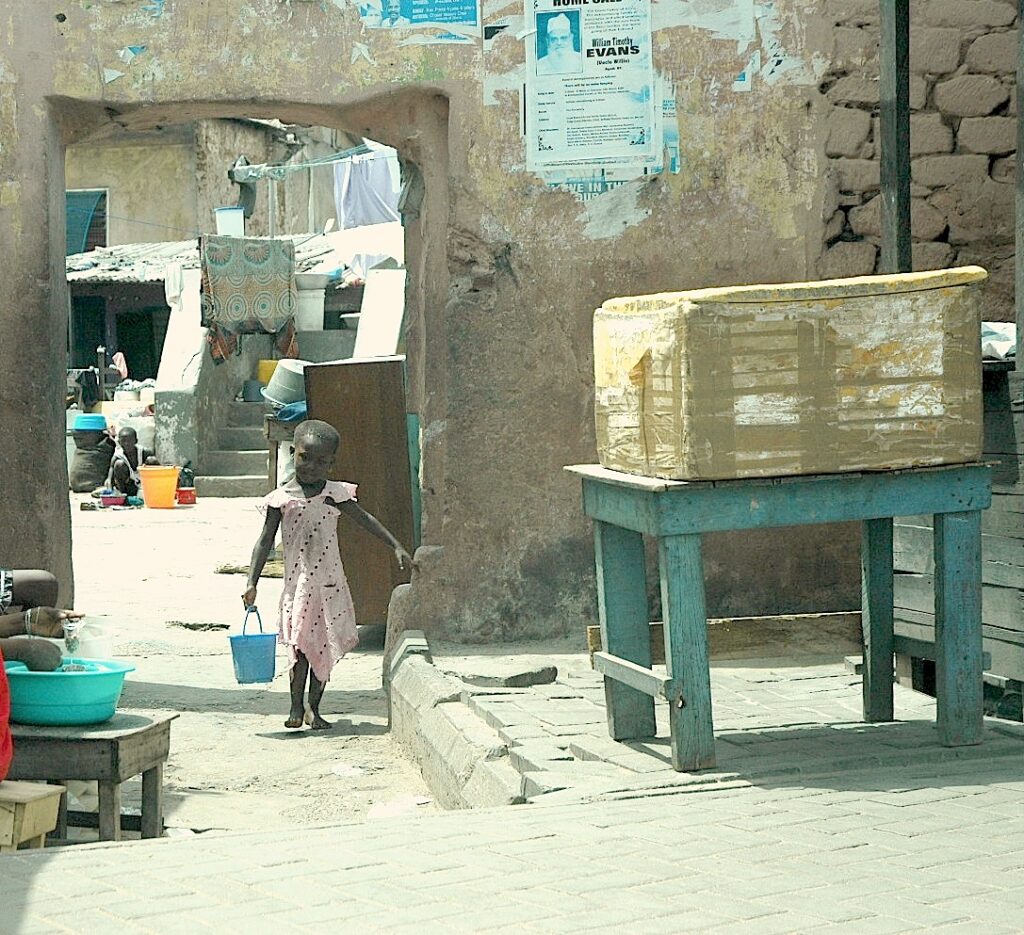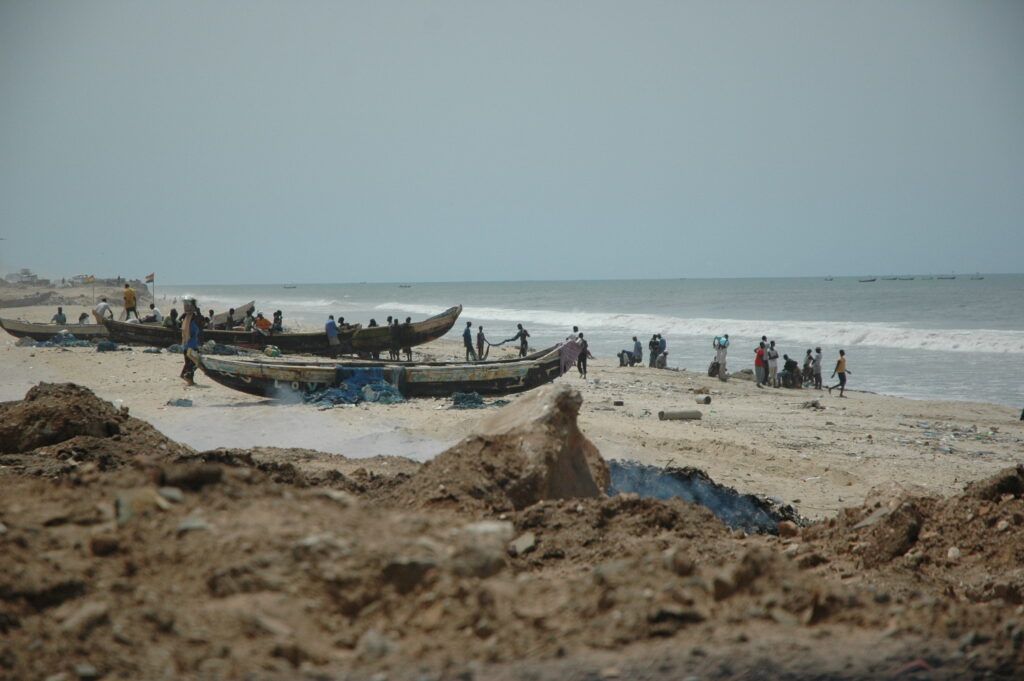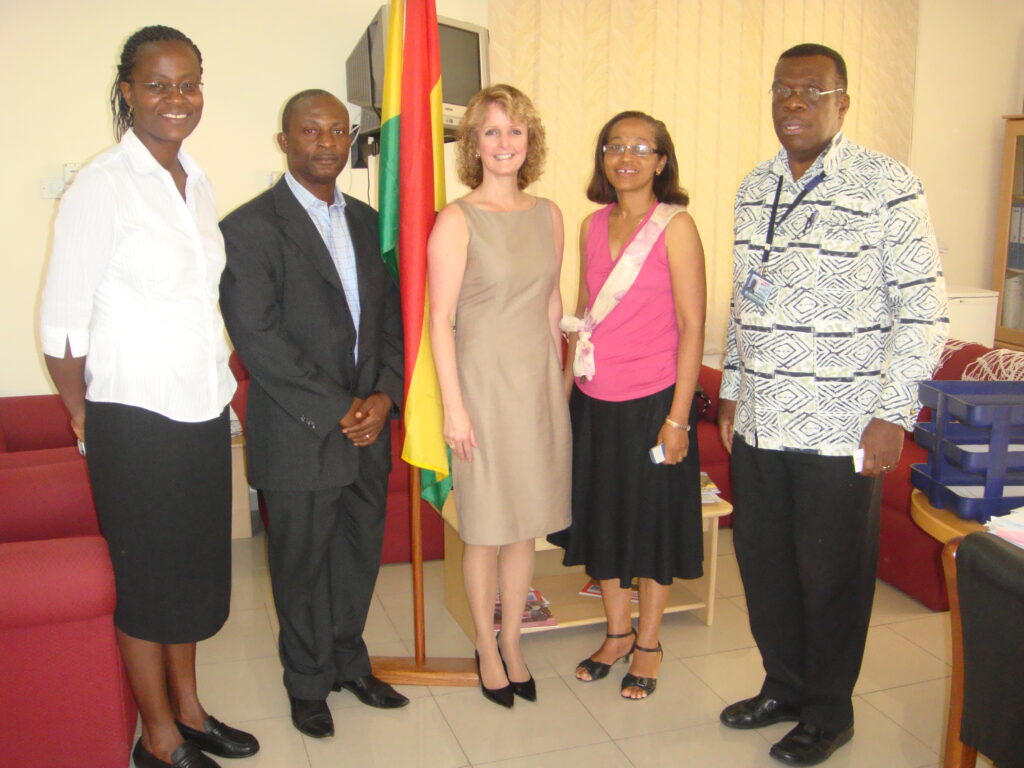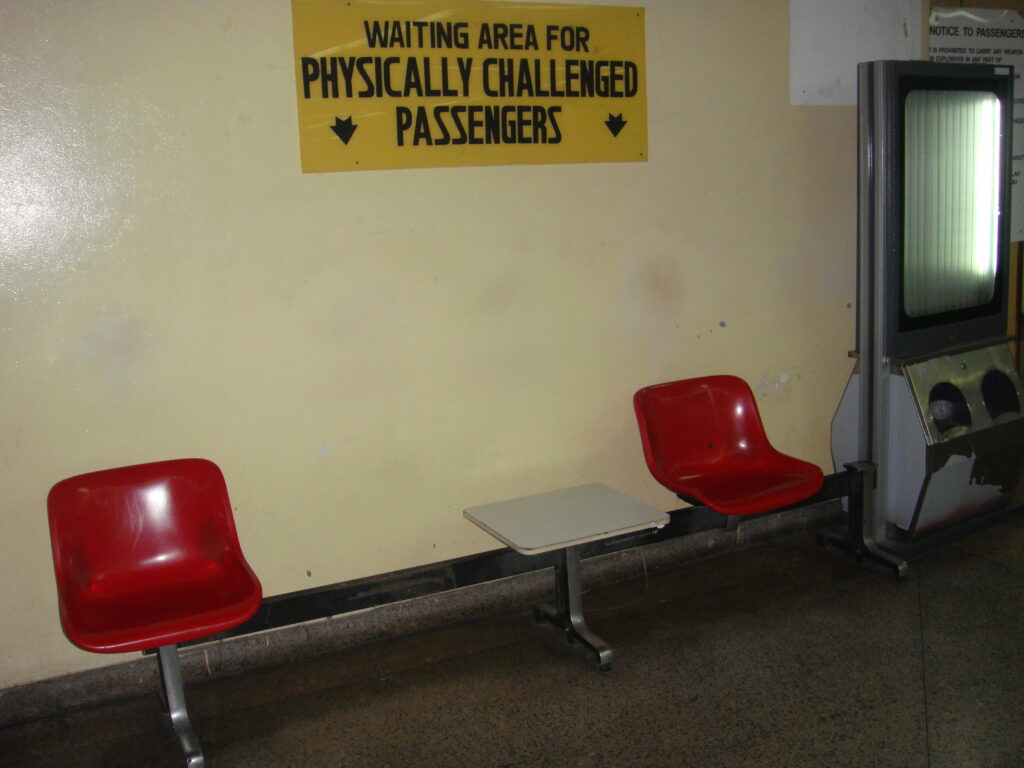Not a Match Made in Heaven
Big news from the corporate hemophilia world: CSL, maker of blood-plasma products, including Monoclate-P, Mononine, and Humate-P, has been foiled in its courtship of Talecris, also a maker of blood-plasma products, most notably Koate DVI. “The US Federal Trade Commission (FTC) recommended legal action to block the proposed $3.1 billion purchase of Talecris Bio- therapeutics Holdings,” writes Bloomberg news.
Why can’t CSL buy Talecris? What has lawmakers ruffled up about this? Gobbling up Talecris would place CSL at the top of the blood plasma food chain. This includes hemophilia, as well as autoimmune disorders and multiple sclerosis. Something about this screams violation of antitrust to Washington.
Antitrust law prohibits any activity that restricts free trade and competition between businesses, especially those that would lead a company to a dominant position–a monopoly. So the government is always sniffing out predatory pricing, price gouging, and mergers and acquisitions of large corporations. The FTC website says, “Courts have applied the antitrust laws to changing markets, from a time of horse and buggies to the present digital age. Yet for over 100 years, the antitrust laws have had the same basic objective: to protect the process of competition for the benefit of consumers, making sure there are strong incentives for businesses to operate efficiently, keep prices down, and keep quality up.”
And antitrust laws have been around longer than 100 years. Wikipedia says: “The history of competition law reaches back to the Roman Empire, with the Lex Julia de Annona, enacted during the Roman Republic around 50 BC. To protect the grain trade, heavy fines were imposed on anyone directly, deliberately and insidiously stopping supply ships.”
The term “antitrust” is American, and arose when large American corporations used trusts to conceal business arrangements. Big trusts meant big monopolies, and when you have a monopoly, you can easily control supply and demand, and prices. You have no competition. Have you played the game Monopoly and landed on your friend’s Park Place, the one with a red hotel? Ouch. Consumers have suffered at the hands of those with monopolies.
In America, monopoly is perceived even as a threat to democracy. The FTC website writes: “Free and open markets are the foundation of a vibrant economy. Aggressive competition among sellers in an open marketplace gives consumers — both individuals and businesses — the benefits of lower prices, higher quality products and services, more choices, and greater innovation. The FTC’s competition mission is to enforce the rules of the competitive marketplace — the antitrust laws. These laws promote vigorous competition and protect consumers from anticompetitive mergers and business practices.” http://www.ftc.gov/bc/antitrust/index.shtm
Perhaps the FTC thinks that a CSL acquisition of Talecris would make the company too big for its britches, too powerful? Talecris, owned by the private equity groups Cerberus Partners and Ampersand Ventures, had revenue of about $1.4 billion in 2008. CSL had $2.97 billion in revenue in the year ending June 2008. Together they would dominate the blood plasma field, surpassing Baxter, which is now top dog. Indeed, Talecris, Baxter and CSL already control 83% of the US market. Other producers include Grifols, which makes blood products, and Octapharma, which also makes blood products although its factor products are not yet registered in the US.
What’s next? After the FTC publishes its reasons for preventing the acquisition, CSL will then decide what to do. Wooing a prospective partner when the parents don’t approve is expensive. But not so bad as in Roman times: Under Diocletian in 301 AD businessmen faced the death penalty for violating a tariff system, for example by buying up, concealing or contriving the scarcity of everyday goods. Death penalty? Thankfully we don’t do things gladiator style anymore. If CSL cannot complete the deal, the company will be liable to pay a $75 million break fee to Talecris’s owners, Cerberus Partners and Tribeca Investment Partners, a company spokeswoman said. That should soften any break up. Stay tuned!
Interesting Book I Just Read
The Blue Sweater by Jacqueline Novogratz
Novogratz started her career as a young, starry-eyed do-gooder out to change the world, and got an eye-opener working in Africa in the 1980s for various nonprofits. She had valuable experiences about what works and what doesn’t in helping the poor. Eventually, she returned to the US and founded the Acumen Fund, which finances businesses in the developing world that give jobs to the poor, tackle issues of poverty and offer microloans. From a one-woman show to heading a huge NGO now, her story is very interesting. In many ways it’s an homage to the African women who struggled alongside her and taught her, and learned from her.
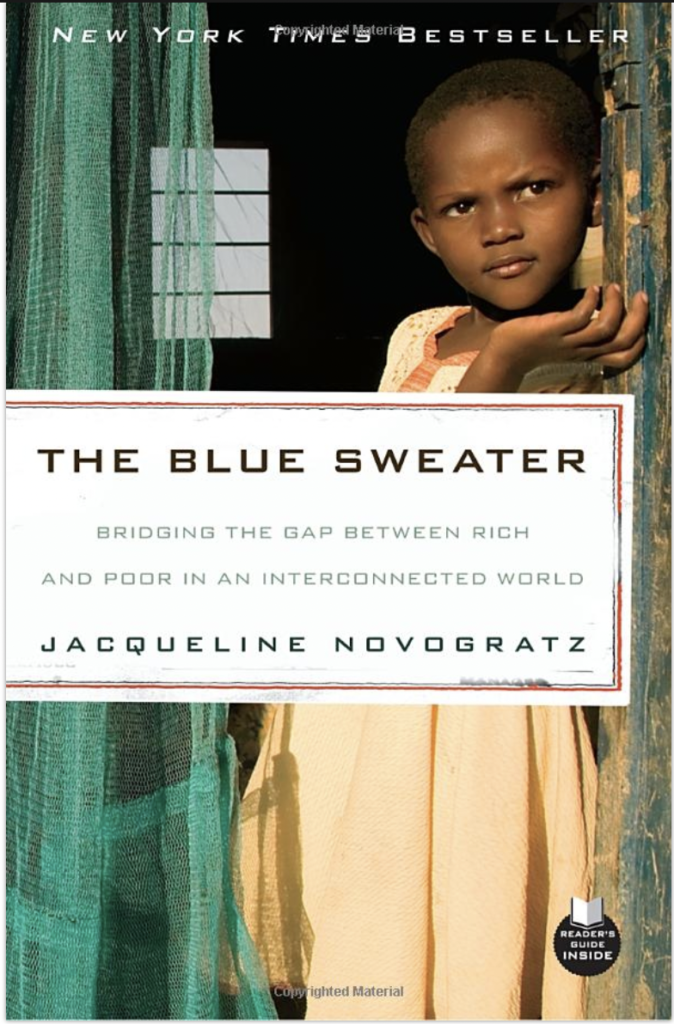
But it’s not without problems: the book seems to have been written by two people, or at least in two voices. The first half is all anecdotal, about Novogratz’s efforts in Africa to help local women start a baking business, in great amounts of detail, without stats about poverty, its root causes. I care less about what color dresses the women wore (this seems to come up a lot!) than about how her efforts compare to other NGOs at the time. Her story paints a very accurate picture of what you still can see in Africa and what the challenges are. I would have found it more interesting and useful had she interspersed history, poverty statistics and analysis in it. The second half shifts suddenly to the Acumen Fund and there is almost nothing but statistics, and all success stories. Sounds like a promotional piece. Gone is the author’s personal style, which was full of feeling and self-reflection. The Acumen Fund is portrayed as a little too perfect, which I suppose happens when you write about the nonprofit you head. I would like to have seen more objectivity. Some of the stories made me cringe, not due to the nature of them, but they seem a bit self-serving. For example, the author shares a story of being in rural Pakistan, and hearing gun shots. Is it the Taliban? Warlords? Momentum builds. You might think she may be kidnapped (a la Daniel Pearl) but turns out it’s only the townspeople warning a local thief to give himself up. Big yawn. Nothing to do with her. In trying to spice things up, Novogratz comes out looking a bit needy for attention.
What I loved best are her vivid and accurate portrayals about the lives the people lead in developing countries, the daily struggles they face, the hardships they bear and overcome. Death is a constant, woven into their fabric of daily living, she writes and I have often thought that too. Only people who visit or live in these places truly understand the needs of the poor. Norogratz has definitely walked the walk; she has lived as a poor person, in subhuman dwellings.
I do wonder about Acumen’s not-so-successful stories, which are not mentioned and must exist: loans gone bad? I mean, Acumen gives a $600,000 loan to a local businessperson with diamond rings and expensive watches… what happens when they skip town, pad their books? I’ve seen nonprofits report how everything is successful– I mean, everything– and it raises eyebrows. Having been to developing countries, knowing their complexities, and the corruption and temptation, I am sure that Acumen has had some bad moments.
It’s an interesting story for sure, but for seasoned humanitarians, the book offers little meat. I applaud her efforts and devotion but the book would have been better written by a more objective third party. For those new to humanitarian aid, you’ll enjoy this, but also please read Mountains Beyond Mountains, both much better written, and better at both analyzing roots of poverty and solutions, and at providing a political/historic perspective. Two and a half stars.


